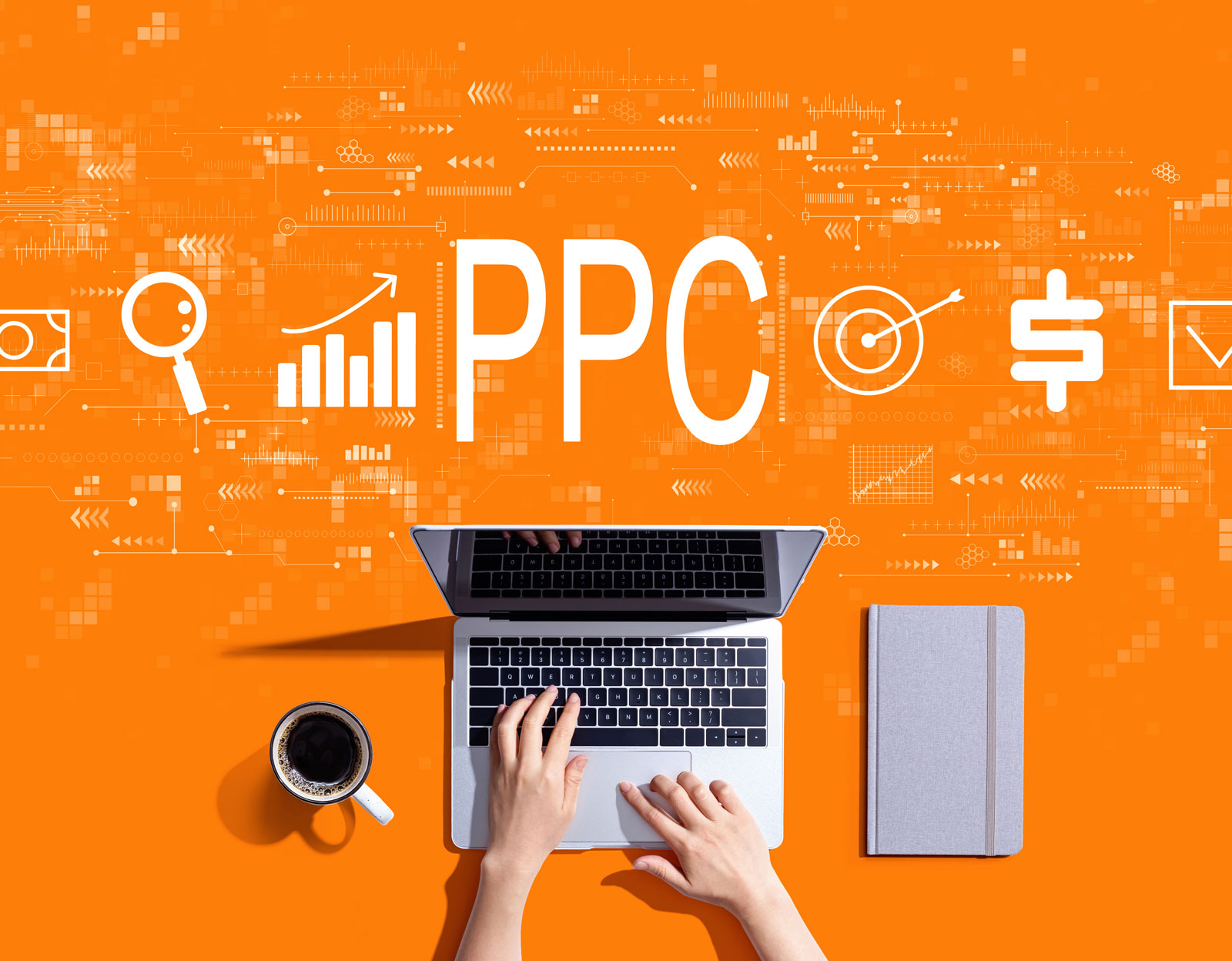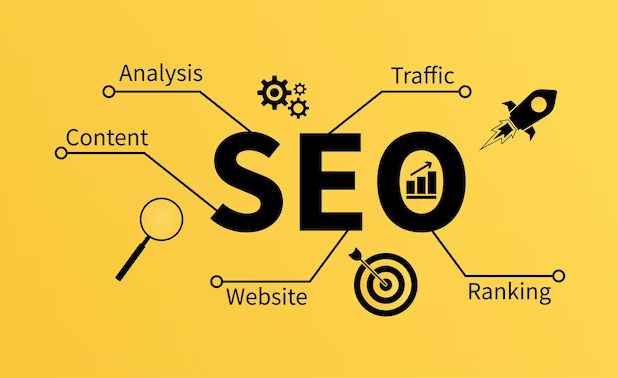The Power of Paid Search Marketing
Paid search marketing allows businesses to bid for ad placements on search engines like Google and Bing. When users search for keywords related to your products or services, your ads are displayed prominently at the top of the results, capturing immediate attention. You only pay when someone clicks on your ad, making it a cost-effective method to drive targeted traffic to your website.
Advantages of Paid Search Marketing
- Instant Visibility: Your brand instantly appears at the top of search results, ensuring visibility to potential customers actively seeking your offerings.
- Targeted Reach: Precisely target your audience by selecting relevant keywords, demographics, locations, and even device types.
- Measurable ROI: Robust analytics provide insights into clicks, conversions, costs, and more, enabling data-driven decision-making.
- Flexible Budgeting: Set your budget and control costs, adjusting as needed to optimize your campaigns.
- Quick Results: Unlike organic methods, paid search delivers rapid results, making it ideal for time-sensitive promotions or product launches.
Essential Components of Paid Search Marketing
- Keyword Research: Identify keywords relevant to your business and audience. Tools like Google Keyword Planner help uncover high-volume and low-competition keywords.
- Compelling Ad Copy: Craft engaging ad copy that aligns with user intent, showcases benefits, and includes a clear call to action.
- Landing Page Optimization: Direct users to dedicated landing pages that resonate with the ad’s message, creating a seamless user experience.
- Ad Extensions: Enhance ads with extensions like site links, callouts, and structured snippets to provide additional information and increase visibility.
- Quality Score Management: Maintain high-quality scores by ensuring ad relevance, keywords, and landing pages align effectively.
Effective Strategies for Paid Search Marketing
- Segmentation: Divide your campaigns into tightly themed ad groups, each targeting specific keywords and audiences, ensuring relevancy.
- A/B Testing: Continuously test ad variations, headlines, and call-to-action statements to refine your messaging.
- Negative Keywords: Incorporate negative keywords to prevent ads from appearing in irrelevant searches, maximizing your budget.
- Ad Scheduling: Schedule ads to appear during peak user engagement times to maximize visibility and clicks.
- Remarketing: Target users who previously visited your site with specialized ads to encourage conversions.
Conclusion
Paid search marketing, or PPC advertising, offers businesses an influential tool to capture immediate attention, drive targeted traffic, and achieve tangible results. By understanding its core elements and implementing strategic tactics, businesses can leverage paid search marketing to connect with their audience, increase conversions, and propel their online success. Remember, the key to sustained success lies in continuous monitoring, optimization, and adaptability in the ever-evolving digital advertising landscape.




